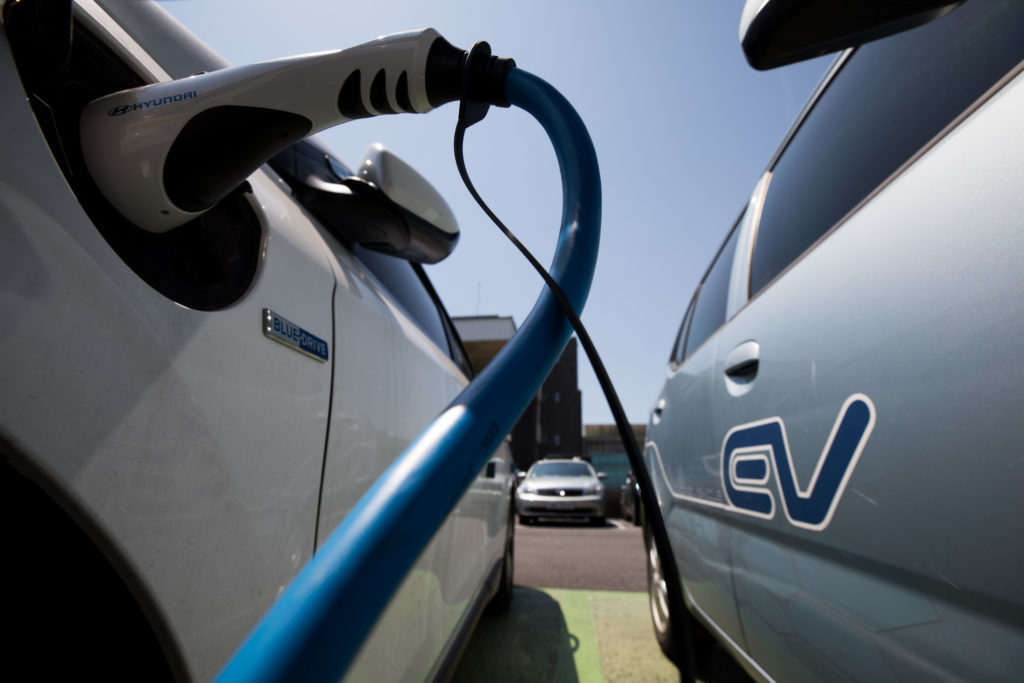
A two-tier economy is emerging as Britain goes through an “energy revolution” by advances in electric vehicles and smart appliances, according to a new study.
London and Scotland are pulling ahead while the North of England and East Midlands lag furthest behind, research suggested.
Researchers from Imperial College London and E4tech drew up a “barometer” of regional and national progress, covering power, transport and buildings.
The report, commissioned by the Drax Group, indicated that London leads progress jointly with Scotland because its transport system is the country’s greenest.
As public transport, walking and cycling are more dominant in London, a Londoner’s carbon footprint from transport is up to 2.5 times less than residents in other regions.
The capital also receives 45% of national funds for rail electrification, resulting in the country’s lowest carbon emissions from rail.
It is also cheaper, on average, to own an electric car in London than in any other part of the country, said the report.
Scotland leads in the energy revolution with London due to its successful shift from fossil fuels to renewable generated electricity, the research suggested.
Residential homes in London, Scotland and the East are more energy efficient, and more likely to score high A-C Energy Performance Certificate (EPC) ratings, and have fewer buildings rated F and G, said the report.
Dr Iain Staffell of Imperial said: “Our research reveals that Britain is at risk of creating a two-tier economy, leaving millions of families and businesses less well equipped to enjoy cheaper bills and better health outcomes.
“Our concern is they will not be offered the same opportunities as people living in regions which are modernising their energy infrastructure.”
Will Gardiner, Drax Group’s chief executive, said: “There is an energy revolution under way which will deliver it, but this report uncovers worrying regional divides as we go through that transition.”
